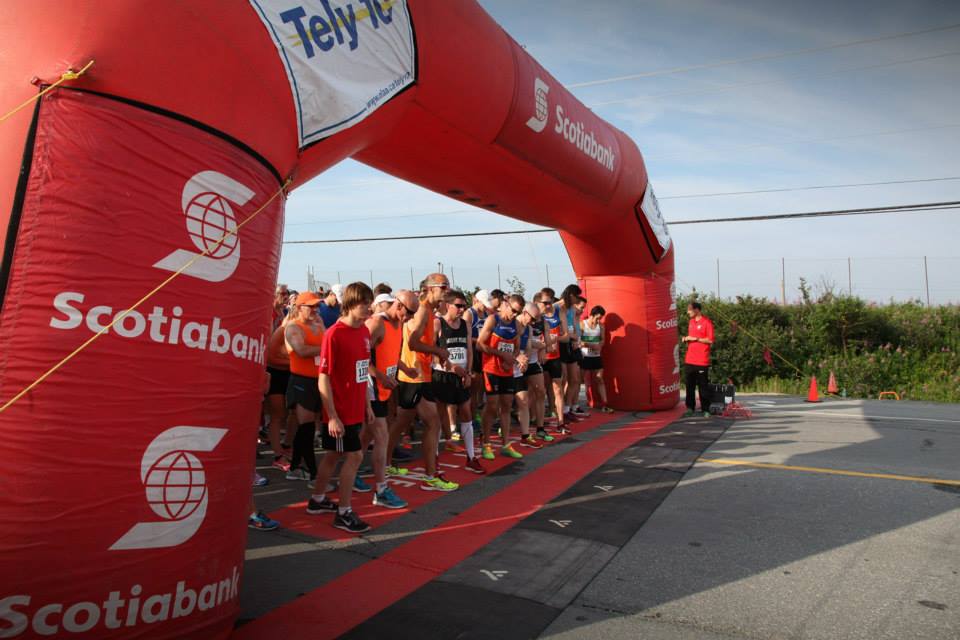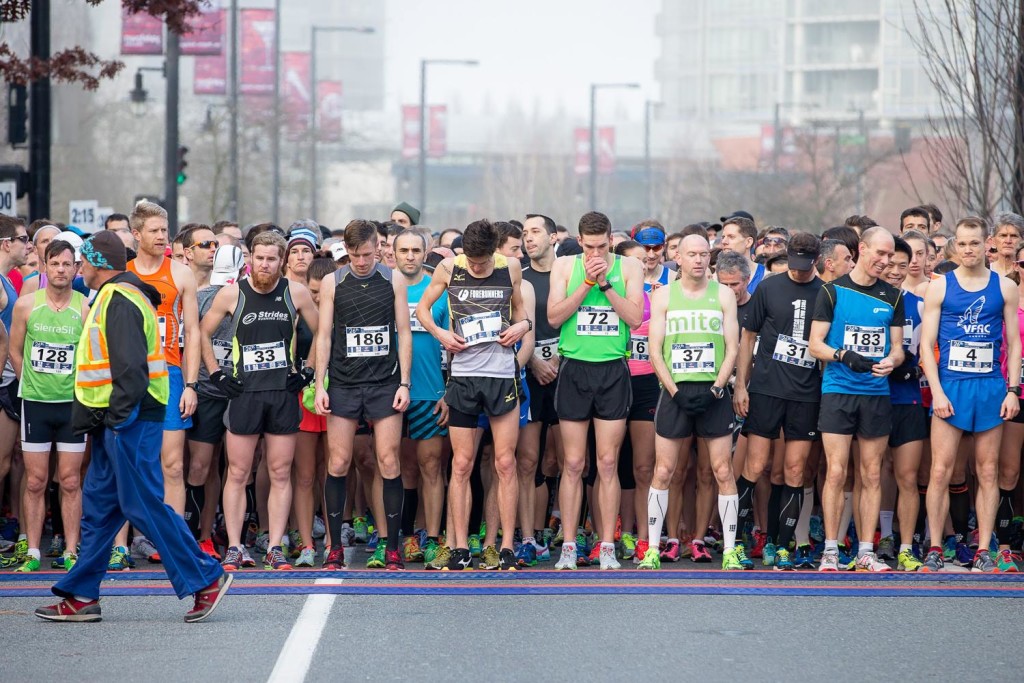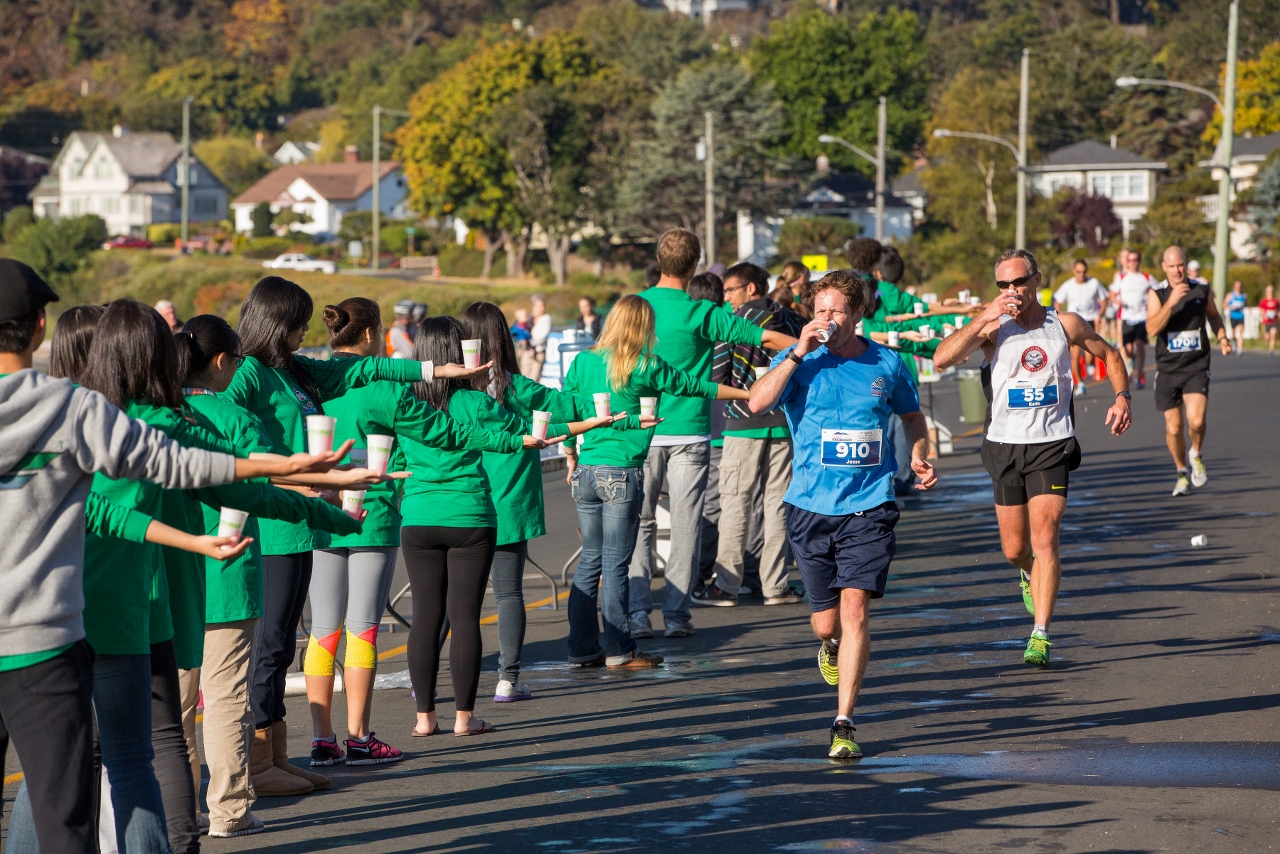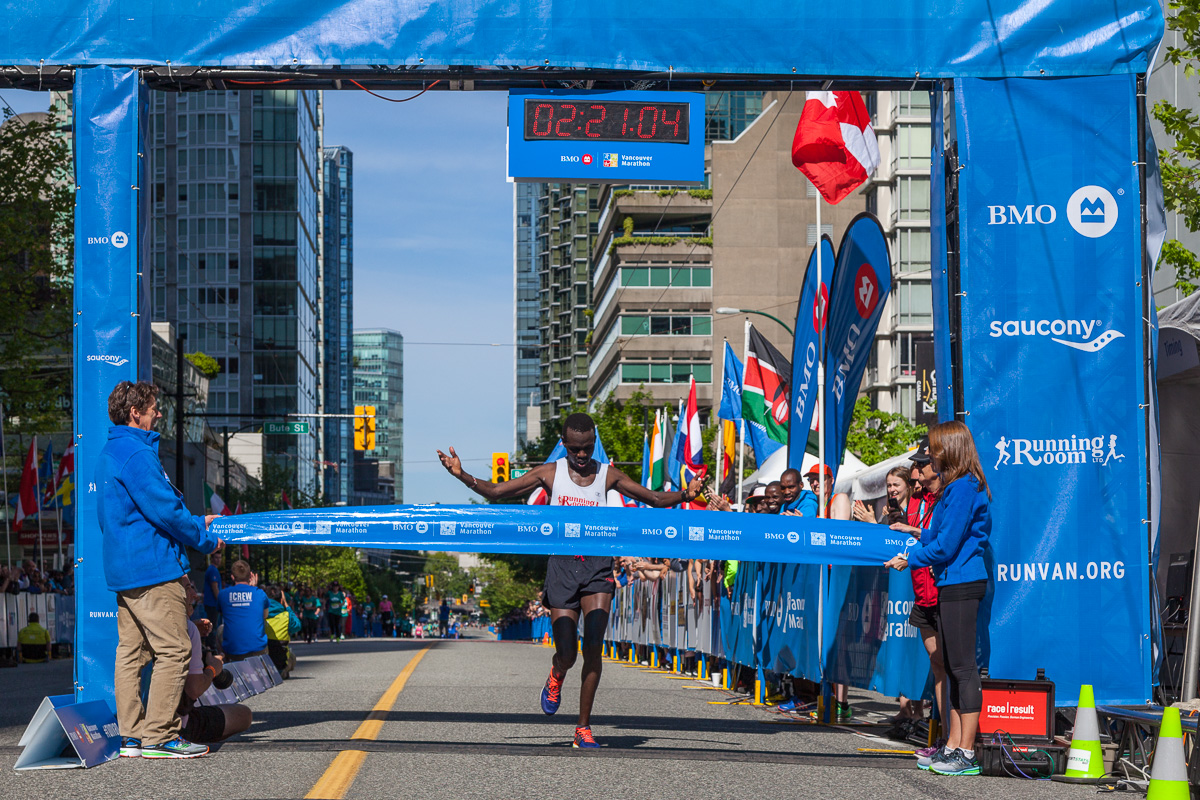Running and racing tips: What to do before, during and after your race


We runners are a peculiar bunch. We run more miles than we drive. We train in temperatures that feel like plus 40 and minus 40 degrees. And we pay money—sometimes hundreds of dollars—to run in races just to see how fast we can go.
RELATED: Race your way into better shape? On the potential benefits of serial racing
And because we spend so much time, effort and money to race and run our best, there are certain things we should do in order to make our race experiences worthwhile and get the best out of ourselves. Here are but a few time-tested tips and advice to consider before, during and after your race.
Before
- Register: sign up early to secure a spot and save some money. Don’t be a bandit.
- Train: put in the time and energy to prepare so the experience is more likely to be positive. Run the mileage. Log the workouts and long runs. Take rest and recovery seriously.
- Taper: reduce your mileage and add extra rest and recovery in the days and weeks leading up to the race.
- Carbo-load: for half-marathons and longer, aim to increase your consumption of carbohydrates in the two or three days before the race. Aim for 8-12 grams of carbs for every kilogram of body weight.
- Pick-up your kit: most races offer this service a day or two before. Be sure to get your race bib and timing chip. Doing this early minimizes stress and rushing the morning of the race.
- Sleep: try to get some extra rest the week of your race. Even if you toss and turn the night before, try to bank some quality sleep earlier in the week.
- Eat: be sure to have something to eat the morning of the race. A plain white bagel with peanut butter, a banana and some sports drink is a popular option.
- Be early: arrive at the race early, do a short warm-up, and get to the start line with time to spare.
- Have a plan: think about your time and pace goals, how you expect to feel and how you’ll deal with any issues that arise during the race.
- Relax: you’ll definitely feel nervous at the start but try to keep your anxiety in check and look back at all your hard training and the journey to get to where you are now.

During
- Don’t go out too fast: it’s hard to do, but try to stick to your target pace in the first kilometre. Going out too fast will come back to hurt you later on.
- Settle in: use the first few kilometres or so to speed up to your goal race pace and hopefully start to feel comfortable.
- Find a friend: try to find someone running around your pace and work together. If you have a time goal in mind, perhaps a pace bunny can help.
- Fuel and hydrate: for longer races or those run in hot and humid conditions, be sure to stay properly hydrated by taking water or sports drink at the aid stations. Aim to take a gel or energy chews every 30 minutes or so for a half or marathon.
- Check in: use the kilometre markers and landmarks along the way to regularly see how you’re doing and how you feel. If you feel you’re working too hard or running too fast, try to back off for a kilometre or so and reassess.
- Engage the crowd: smile at a stranger, thank a volunteer, take in the sites and sounds. The distraction will do you good.
- Break it down: break up a longer race into shorter, more manageable sections. Make short-term goals.
- Finish fast: use the finish line energy and atmosphere to pick up the pace in the final few hundred metres or kilometres.

After
- Smile and enjoy: congrats, you just finished your race. Be glad it’s over and that you can stop.
- Collect your medal: you earned it. Be sure to thank the volunteers who give it to you.
- Recover: take advantage of the water, sports drink and refreshments at the finish to quickly refuel. If you’re feeling unwell, seek EMS or a volunteer for help. Consider a massage — often offered for free — to ease those sore muscles.
- Reflect: after some time, take a moment to look back at your race and reflect upon what you feel you did right in the race as well as what you want to improve and do better next time.
- Start planning: it’s time to think about your next race and set some new goals to keep you motivated.
Check out the latest buyer's guide:
Best trail running gear for spring 2024
Explore our favourite trail running gear for short trips and longer treks, from watches to gaiters


